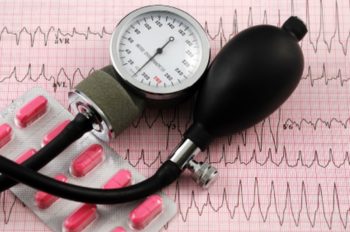Hypertension for the Correctional Nurse
In June 2021, the Department of Justice Bureau of Statistics published the latest Medical Problems Reported by Prisoners: Survey of Prison Inmates, 2016incarcerated persons. In it, the prevalence of hypertension was 29% for state incarcerated persons and 26% for federal incarcerated persons, which made hypertension the most common chronic condition reported. In jail incarcerated persons, the prevalence of heart-related problems was documented as 10.4% while the prevalence in the general population was only 1.9%. For all, heart-related problems were defined as any of the following: angina; arrhythmia; arteriosclerosis; heart attack; coronary, congenital, or rheumatic heart disease; heart valve damage; tachycardia; or other type of heart problem. In addition, hypertension occurred in 26.3% of the jail population (13.9% in the general population).
These numbers will only continue to grow, and it is vitally important that correctional nurses have a basic knowledge of hypertension and cardiovascular disease.
This class will cover the pathophysiology of hypertension; typical medications prescribed and their side effects; nursing interventions for the patient with hypertension. A case study will be presented. A complete patient education curriculum can be found at The Correctional Nurse Educator class entitled Chronic Care Patient Education: Hypertension in Corrections.
